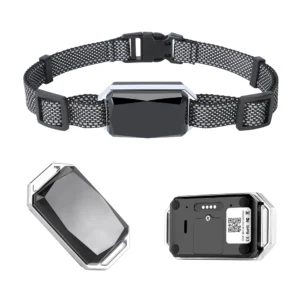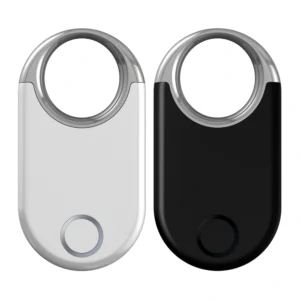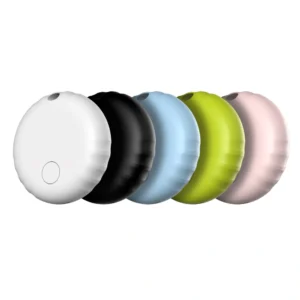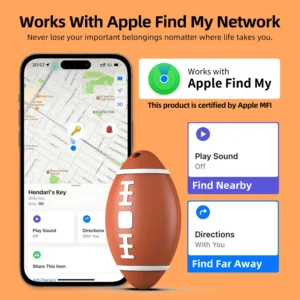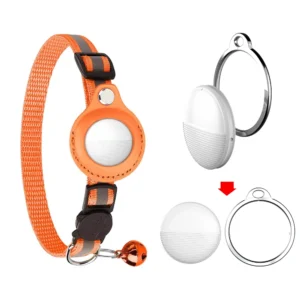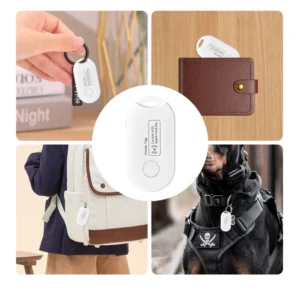Bulk purchasing smart locator tags: A Guide to OEM vs. ODM mode selection
When purchasing smart locator tags in batches, the choice between OEM (Original Equipment Manufacturer) and ODM (Original Design Manufacturer) directly determines the procurement cost, the degree of product differentiation and the speed of market entry. The following is a detailed comparison and decision analysis:
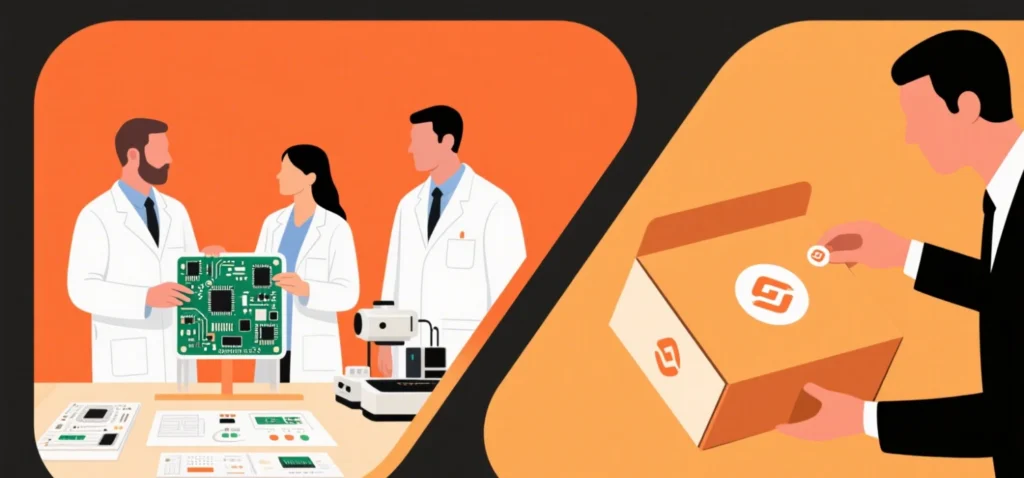
I. Analysis of core concepts
OEM
Core meaning: the purchaser is in charge of the whole chain design (including function definition, hardware scheme and appearance design) , and the factory is only responsible for completing the production according to the design.
Key features:
Design and brand leadership is entirely up to the buyer;
⁇ the factory only undertakes the production process (such as SMT placement, finished product assembly) , and does not participate in design decisions.
ODM (OEM Design + production)
Core meaning: factory provides mature“R & D + Design + production” program, the buyer does not need to invest in R & D, only OEM (such as custom LOGO, packaging) can be sold.
Key features:
The factory has the complete design property rights, the plan is verified by the market;
The buyer’s role is more“Brand operator” focused on sales and distribution.

II. Scene adaptation in the field of smart locator tags
(I) scenarios suitable for selecting OEM modes
If the enterprise meets any of the following conditions, priority will be given to OEM:
Own R & D team, can independently complete the smart tag hardware (such as positioning chip selection, battery life optimization) and supporting APP development;
Need products with exclusive differentiation function (such as industrial anti-interference design, medical scene low radiation scheme, exclusive positioning algorithm) ;
High brand positioning, access to mainstream ecosystems such as Find My and Google Find My Device (Note: these ecosystems have strict rules for third-party access, and usually require official certifications such as Apple MFi, Google Play Protect, or licensing for ecological cooperation, rather than directly supporting free integration of third-party apps. The OEM model can meet certification standards by customizing hardware/software)
Target customers for industry-specific groups (such as logistics cold chain tracking, medical equipment management, industrial asset inventory) .
Advantages and disadvantages of the OEM model
Advantages: strong independence, high brand uniqueness, easy to form long-term core competitiveness;
Disadvantages: Long R & D cycle (usually 3-12 months) , high upfront investment (including r & D, Mold, certification costs) , need to have technical and product management capabilities.
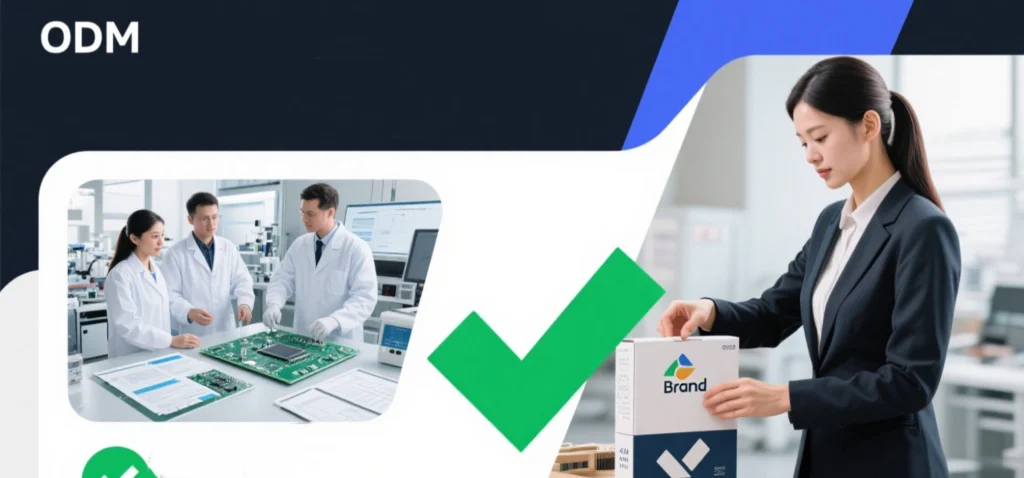
(2) suitable ODM scenario
Give preference to ODM if the enterprise meets any of the following criteria:
The core goal is to quickly cut into the market, no time or resources to start r & D from scratch;
The order quantity is large, but the demand for product differentiation is low (only need to meet the basic functions, such as Bluetooth + GPS positioning, IP67 waterproof) ;
Focus on cross-border e-commerce, retail channels, to“Cost-effective” and“Stable supply” as the core competitiveness;
It is a“Market-oriented business” that plans to focus resources on sales, marketing and channel building rather than research and development.
Advantages and disadvantages of the ODM model
Advantages: no R & D investment, short delivery cycle (usually 1-3 months) , low procurement costs, can be“Ready to use”;
Disadvantages: serious product homogeneity, easy to get into a price war with other oems, brand premium ability is weak.
Comparison Table of OEM and ODM core dimensions
| Comparing dimensions | OEM mode | The ODM model |
| Buyer dominance | High (control of design and branding) | Medium (brand and packaging only) |
| Cost input | High (r & D + Mold + Certification) | Low (custom LOGO/packaging only) |
| Speed to market | Slow (3-9 months) | Fast (1-3 months) |
| Product differentiation | Strong (support for exclusive customization) | Weak (shared standardization scheme) |
| Fit for object | Enterprises with R & D capability and pursuing brand differentiation | Cross-border e-commerce sellers, small and medium-sized enterprises that quickly test the market |
Iv. Suggestions on the mode selection of different types of enterprises
1. Start-ups/smes
It is suggested to choose ODM: reduce the cost of R & D trial and error, quickly occupy the market and verify user needs, and then plan and upgrade after the profit is stable.
2. If you have a certain scale of the brand “OEM + ODM” model is recommended:
In the short term, secure revenue base through ODM product deployment
Long-term: launch OEM customization based on market feedback, create 1-2 core differentiated products (such as high-end models with mainstream ecological certification) , and increase brand premium.
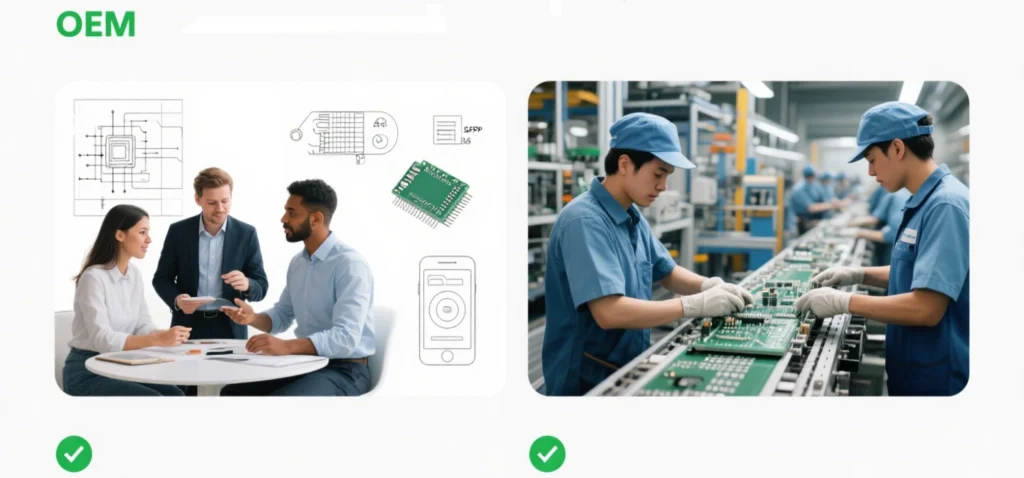
3. Large Enterprise/Industry B2B customers
OEM is recommended: tailor solutions to industry needs (e.g. , logistics labels to WMS systems, medical labels to comply with FDA) , while customising designs to meet the official access standards of mainstream ecosystems, building industry barriers.
V. conclusion of decision-making
If the goal is * * “Low cost + fast delivery”* * (such as cross-border e-commerce shops, short-term market trial sales)→ choose ODM mode;
If the goal is * * “Brand differentiation + long-term development”* * (such as industry customization, high-end ecological adaptation)→ choose OEM mode;
For most companies that buy smart tags in bulk: ODM is the best place to start and quickly accumulate resources; OEM is the next step in a long-term strategy, it is especially suitable for companies that need to break through ecological access restrictions and build exclusive products.

